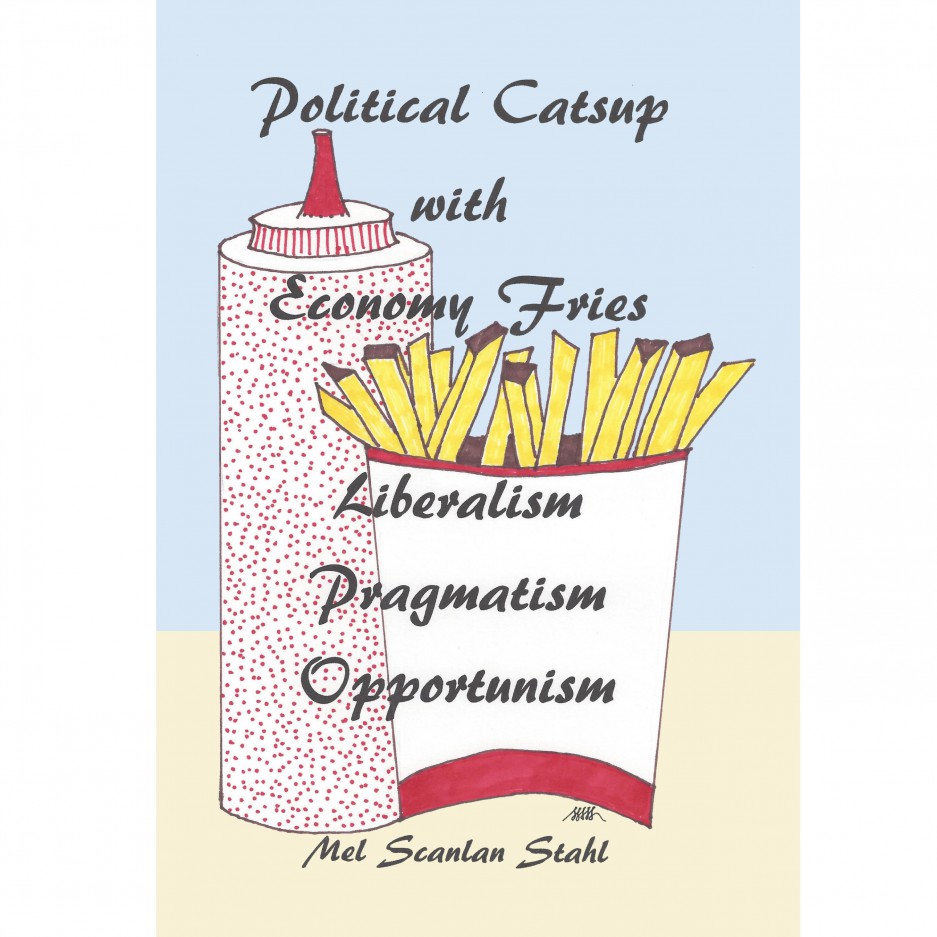Reading Political Catsup with Economy Fries, you’ll know the names of three different political ideologies that have been practiced in the U.S. since the U.S. Constitution went into operation. Many people have heard that the U.S. changed ideologies from classical liberalism to modern liberalism. But a pattern of ideological change in American politics has been mostly overlooked over U.S. history. Few know that neoliberalism is the third ideology.
You’ll know how ideologies differ from each other, why we changed from one ideology to the next one and you can use that knowledge to understand today’s politics better. You’ll better understand political promises and what they mean in today’s American political system.
You’ll know the names of at least ten people who contributed to the ideas of each ideology and you’ll know something about what they said and what they believed. For example, you’ll know about what Adam Smith said and wrote about during classical liberalism, or Walter Lippmann during modern liberalism, or Milton Friedman during neoliberalism. You’ll understand how these people’s political choices differed. You will be able to understand politics better when you see what political goals people had in the past. And you’ll understand who the political and economic winners and losers were inside each ideology.
You’ll read about policy evolution in banking, in law and in war making. You’ll understand how policy change here affects both politics and economics. For example, you’ll discover why banks are mostly self-regulating in the neoliberal period, why the U.S. has become involved heavily in war-making, and how interpretations of the U.S. Constitution have changed as revealed in landmark judical cases.
You’ll read how the action arenas for politics and for the economy receive different social cues and incentives. You’ll learn economic policies for each ideology and how these policies affected people’s opportunities differently. Suddenly, politics and economics can be evaluated by different standards and the sick economy can be fixed through better policies.
You’ll find shortcuts built into Political Catsup with Economy Fries in the appendices. You’ll find timelines. You’ll find essays that discuss the Nation State System, the Rule of Law, Complex Adaptive Systems and other topics that reveal secondary systems in society that influence politics and economics. In Fast-Car-Analysis sections you’ll find memes–the main ideas underlying political ideologies; sometimes you’ll find a summary of the unintended consequences.
After you read Political Catsup with Economy Fries, you’ll know how we Americans got to our economic and political here and now. You won’t feel confused about our American political and economic environment because the beacons for you to navigate American politics will be firmly in place.
All text on this blog is copyrighted to Mel Scanlan Stahl and it is subject to fair use standards. If you should refer to my blog posts or blog pages please acknowledge me as the source. And please leave me a comment if you are interested in what you find here because I’d really enjoy hearing from you.
